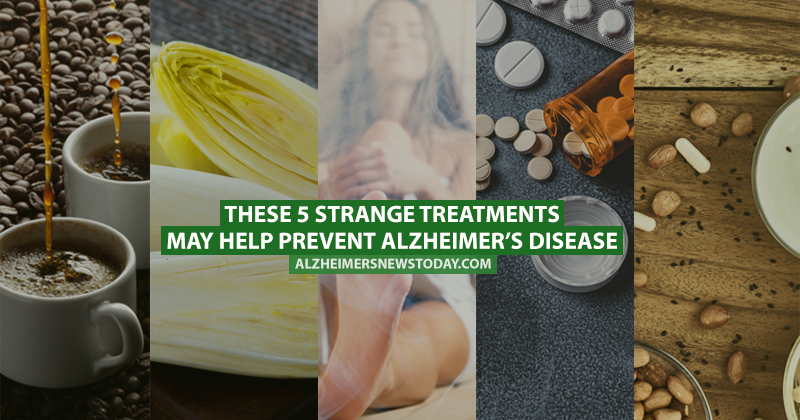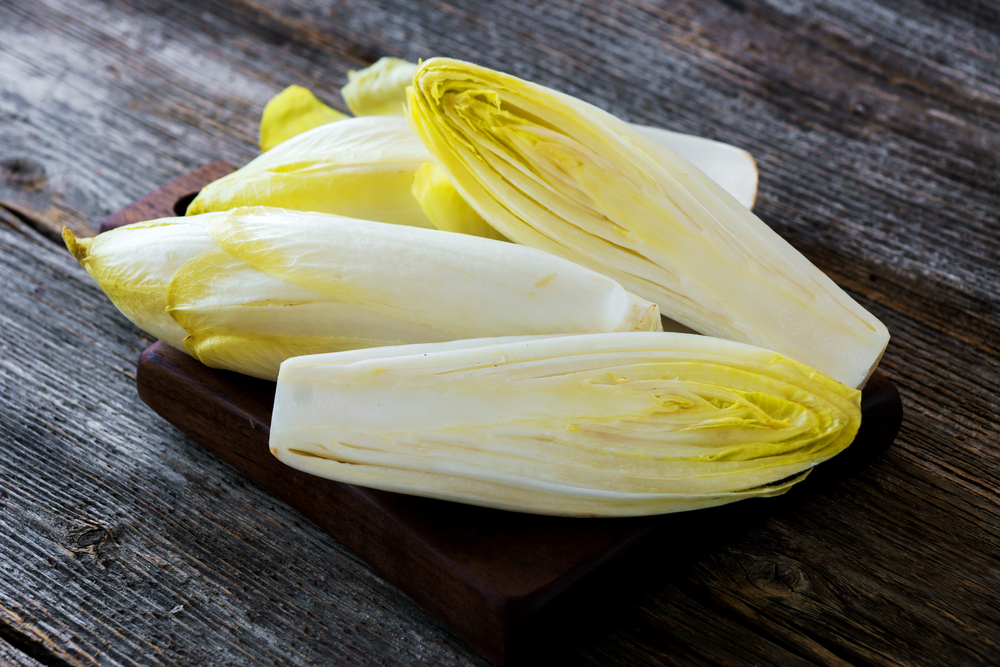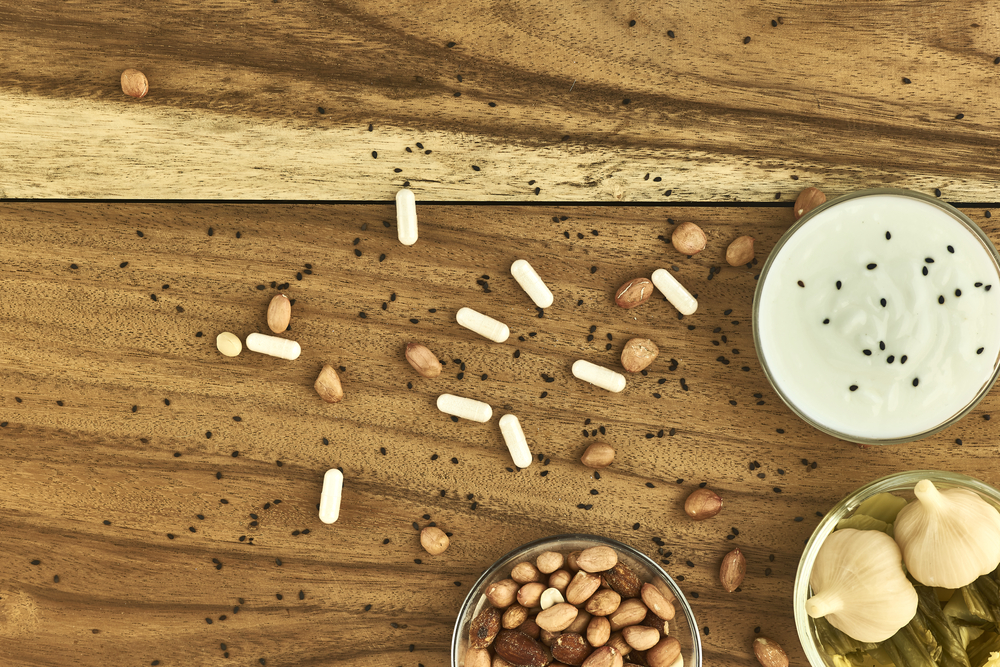These 5 Strange Treatments May Help Prevent Alzheimer’s Disease

At this very moment, science is competing in a race to understand the root biological changes which provoke the host of symptoms we call Alzheimer’s disease. With this race well underway, there have been a variety of collateral findings—strange, wacky, preventative treatments showing really positive effects. Some are just great lifestyle changes and others will make you feel a lot less guilty about your self-proclaimed coffee addiction.
1. Frequent sauna bathing
The Finnish have a brain health secret worth sharing: frequent sauna bathing. Hot off the science press, a 2016 study published in the Oxford academic journal Age and Ageing found a positive correlation between sauna bathing and a reduced risk of Dementia and Alzheimer’s. If ever there was an excuse for taking some extra “me time,” this is it.
Just one sauna visit per week showed a positive reduction in Alzheimer’s risk with an optimal four to seven sessions per week reducing participants risk by 65 percent.
Understanding why saunas are able to reduce your Alzheimer’s risk is a work in progress—in the meantime it is known frequent sauna bathing is a great protector of your most precious memories.
RELATED: How Alzheimer’s disease affects memory and the brain.
2. Eating Chicory
A wild living dandelion perfect for garnishing salads was recently found helpful for preventing the memory loss we know as Alzheimer’s. The magic ingredient: chicoric acid.
Researchers from the Northwest University of Yangling, China showed that mice supplemented with 0.05 percent chicoric acid in drinking water over a 45-day period showed great resistance to memory impairment. On a biological level the two changes most commonly linked to memory loss were prevented: inflammation of the brain and protein plaque formation.
A powerful antioxidant, chicoric acid shows great promise towards preventing and reversing the progression of Alzheimer’s disease. While science evaluates these nutraceutical findings, adding a chicoric-rich supplement like dandelion or echinacea extract may help boost your preventative supplementation.
RELATED: NYC restaurant serving Alzheimer’s-preventing food.
3. Drinking five cups of coffee per day
Addicted to caffeine? Before you succumb to the pressure of opting for caffeine-free alternatives, you may be interested to know caffeine could help decrease your risk of Alzheimer’s. Researchers from Florida Alzheimer’s Disease Research Centre have shown caffeine’s ability to reverse both the symptoms and biological changes associated with Alzheimer’s disease.
These animal studies show a moderate caffeine consumption of around five cups a day reverses the advancement of Alzheimer’s disease, helps to restore memory and prevents the formation of protein plaques associated with the disease.
Mice given four to five weeks of caffeine treatment consistently scored highly in memory function compared to those without. These observable changes were also matched in biology. Mice in the caffeine treatment group showed up to a 46 percent decrease in the deposition of Alzheimer’s linked protein plaques.
RELATED: Study recruiting to determine if diet can prevent Alzheimer’s disease.
4. Period pain relievers
When your body is under attack, inflammation is its natural response. Bump into a table and you’ll soon find a blue-purple raised bump. Aggressively knock your head and you’ll soon experience inflammation in the form of headaches or concussion.
Brain inflammation is also an ever-present symptom of Alzheimer’s disease. Scientists first believed this symptom was just a natural by-reaction of the immune system acting against the changes Alzheimer’s causes. A collateral symptom.
New research is now suggesting that brain inflammation on its own may actually be a primary driver of Alzheimer’s progression.
It wasn’t until 2015 that scientists from the University of Manchester finally found a drug successful in treating this newly suspected Alzheimer’s disease driver: An unobvious solution embodied in a period pain medicine named mefenamic acid.
These exciting conclusions hold promise for a very new pathway of Alzheimer’s treatments.
RELATED: Nine ways to minimize Alzheimer’s disease risk.
5. Probiotics
Your brain and gut couldn’t be further away from each other, but it’s looking extremely likely that the health of one greatly impacts the other. A 2016 study published in the journal of scientific reports has shown that mice with a greater variation in gut bacteria have significantly fewer protein plaques and neuro-inflammation—two of the key symptoms characterizing Alzheimer’s disease.
The bacterial colonies found in your gut sit on two sides of a fence: the good side and the bad side. During a bout of food poisoning or even a strong course of antibiotics the balance on either side of this fence can alter. It can be weakened or it can be swung heavily to the bad side.
In this 2016 study researchers credited a diversely healthy gut microflora as the foundation for an effective immune system showing a positive impact on brain health. Preliminary results for probiotic treatments look extremely positive although scientists are still trying to understand exactly how your gut health is able to directly impact the biological changes associated with memory impairment.
In the meantime, incorporating a daily probiotic, eliminating commonly irritable food groups like dairy and consuming probiotic-rich foods like Sauerkraut (fermented cabbage) or miso soup are all gut-healthy steps you can take today.
RELATED: Seven tips for reducing stress when you have Alzheimer’s disease.
Alzheimer’s News Today is strictly a news and information website about the disease. It does not provide medical advice, diagnosis or treatment. This content is not intended to be a substitute for professional medical advice, diagnosis, or treatment. Always seek the advice of your physician or another qualified health provider with any questions you may have regarding a medical condition. Never disregard professional medical advice or delay in seeking it because of something you have read on this website.











